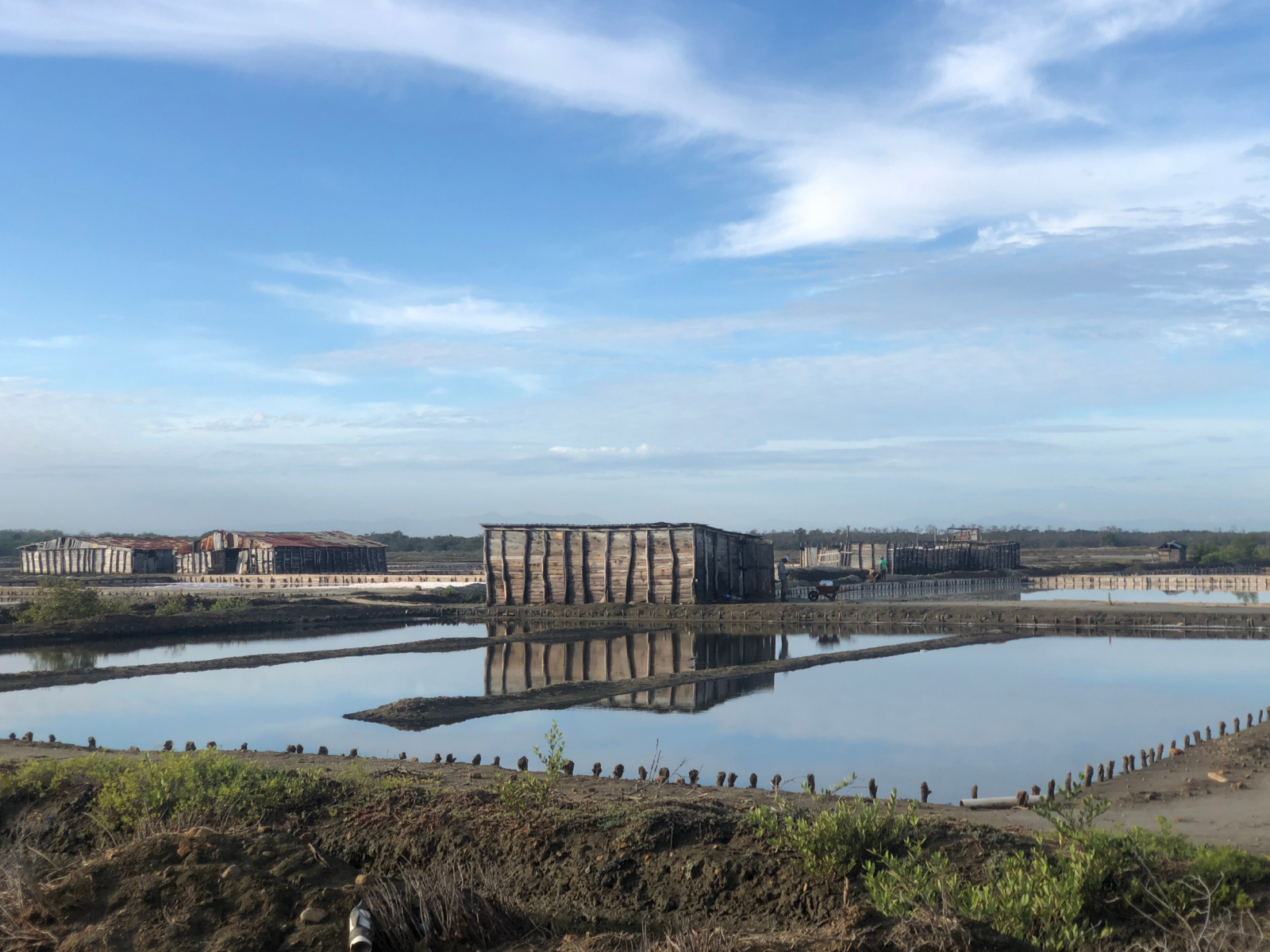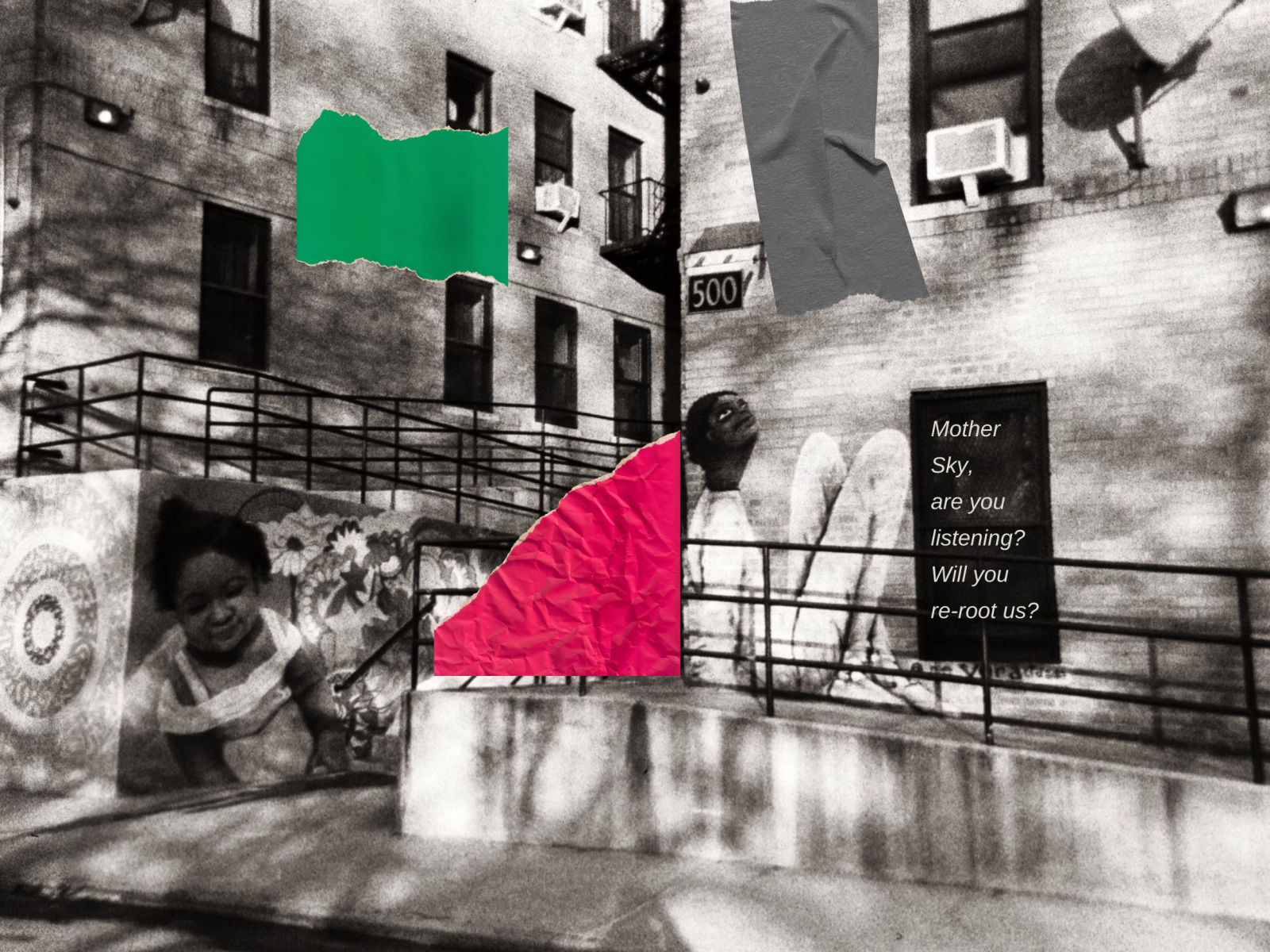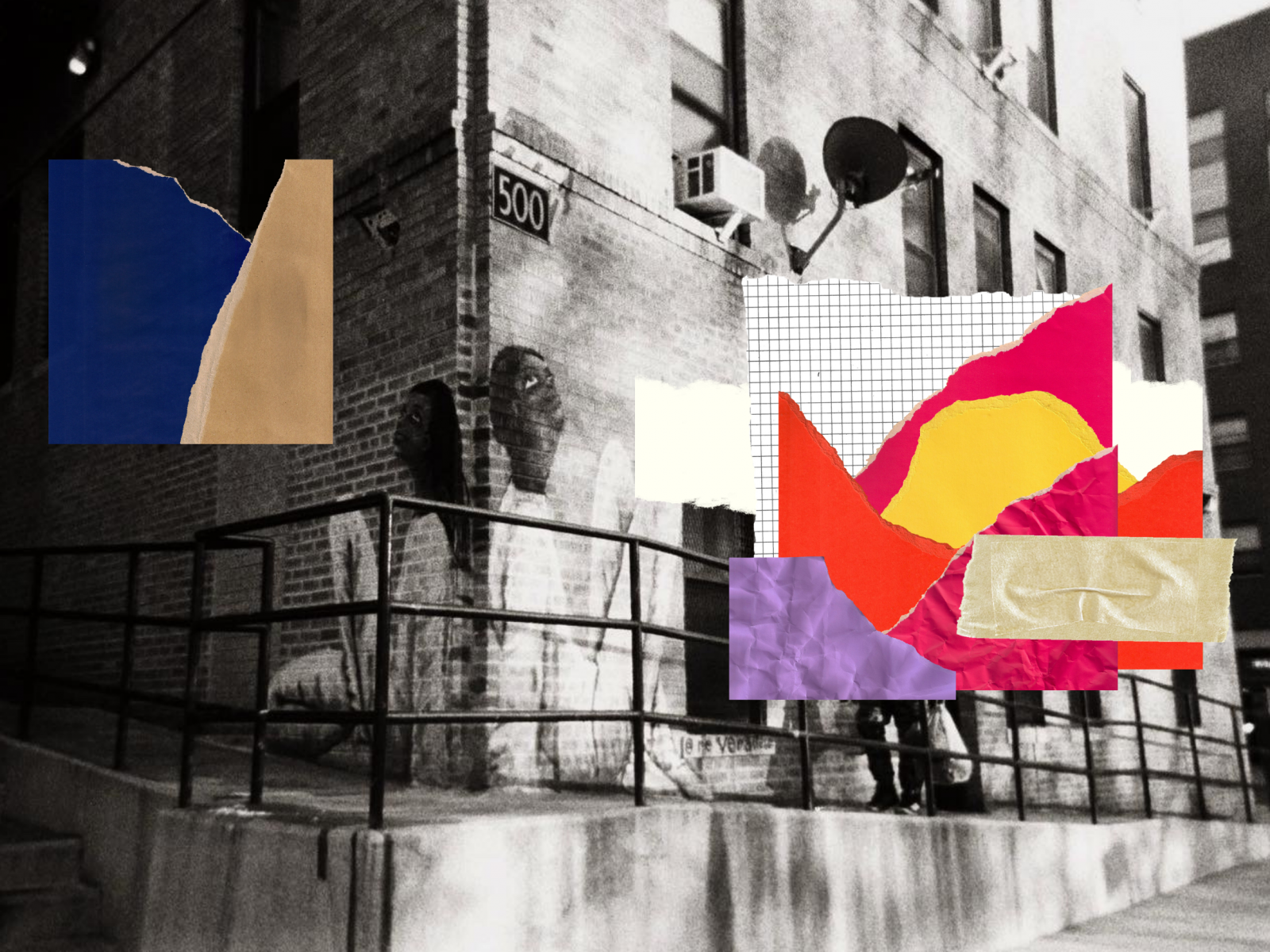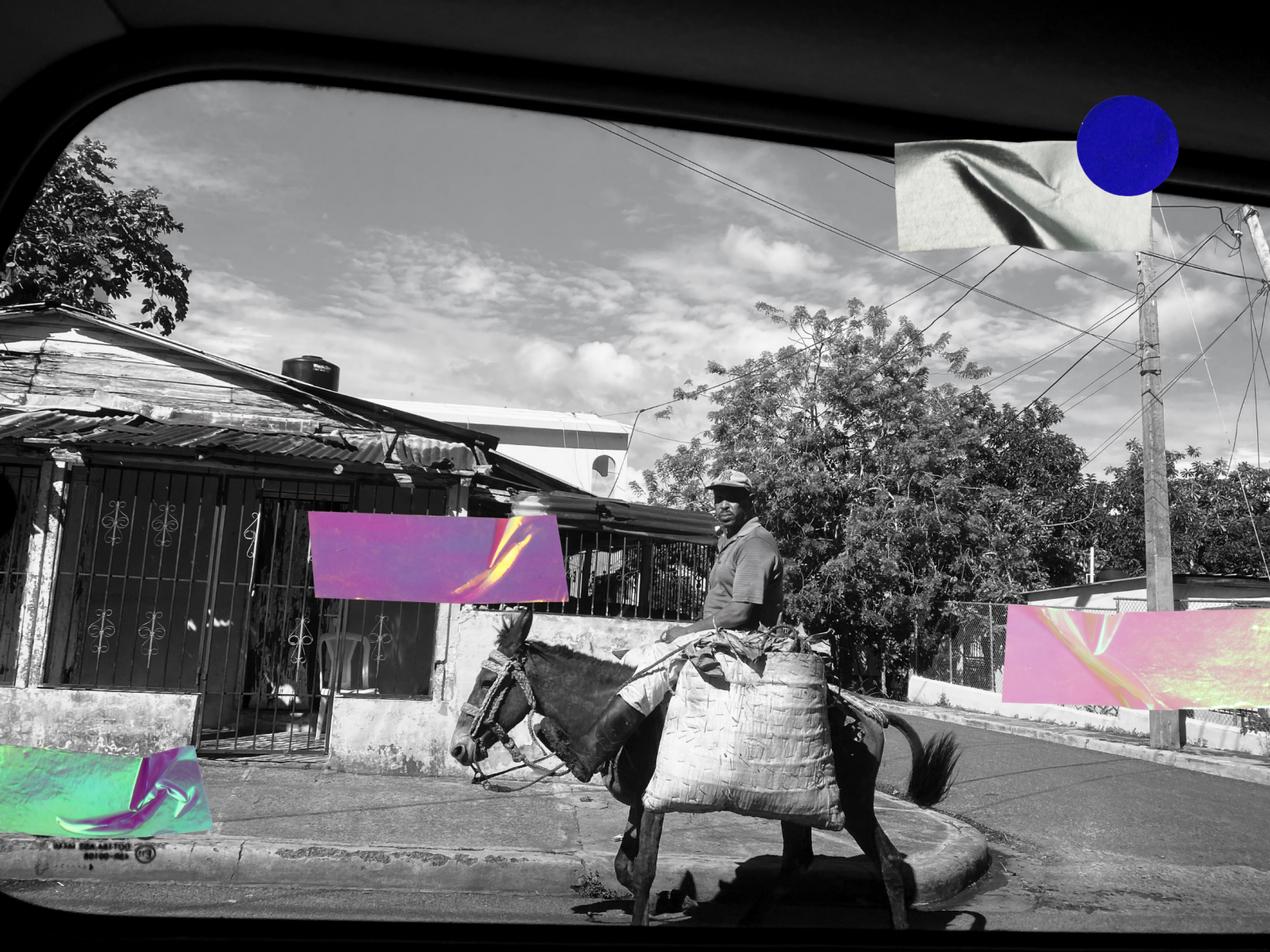Ayling Dominguez
All art I make is couched in community and in collective growth, remembering and renewal.
Biography
Ayling Zulema Dominguez (she/they/ella/elle) is a first-generation Chicana-Dominicana from Bronx, New York. As a poet and creative in an abolitionist mindset, her work aims to forge community; to affirm belonging as the first step toward liberation; to imagine new, better, and more radically loving worlds. Knowing that a sense of belonging is counterfactual and ephemeral if we do not work to liberate others, her writing and creative work do not only celebrate joyful resistance, but also push her readers to actively oppose systems of oppression. She has been a Featured Performer, Speaker, and Radical Poetry Workshop Facilitator with organizations such as United We Dream, the Writers Guild Initiative, and Make the Road NY, as well as been awarded grants to attend Cave Canem workshops, and had the honor of being a 2021 Laundromat Project Create Change Fellow, and 2020 DreamYard Rad(ical) Poetry Consortium Fellow. She was most recently in community at The Watering Hole Poetry Retreat, and was awarded the Laundromat Project Seed Grant to host poetry workshops for BIPOC caretakers in laundromats throughout the Bronx and Brooklyn. Ayling currently teaches poetry and visual arts classes with students all throughout Brooklyn and the South Bronx. Select poems of hers have been published in Moko Magazine, La Galería Magazine, The Protest Review, The Mujerista, 433 Magazine, Latino Rebels, The Bronx Free Press, and Alegria Magazine’s Latinx Poetry Anthology. documentation of her personal narrative through the use of historical imagery and the domestic.
Artist Statement
Even without ever having received a formal arts or writing education, in just over a year, I have earned a seat at and grown immensely in my poetry and community-based art by way of the peer inquiry and encouragement at several Cave Canem workshops, the Laundromat Project Create Change Fellowship, the DreamYard (Rad)ical Poetry Consortium Fellowship, and The Watering Hole Poetry Retreat. I’ve also experienced the unmatched joy of getting to see a middle-schooler’s eyes light up as they rhyme their way through their first few stanzas telling a story never before given importance in a classroom. My latest public art project brought my Bronx students’ poetry out to the streets they know and love in poster form as a way to combat notions of displacement and affirm their sense of belonging, all with the assistance of a New York Foundation for the Arts City Artist Corps Grant. I have brought poetry into theater through workshopping with actors and screenwriters in the LAByrinth Theater Company’s Intensive Ensemble, and the María Irene Fornés Playwriting Workshop. No matter the workshop avenue or classroom setting, I am always striving to unearth ways for BIPOC stories to be heard and developed to exist beyond the white gaze.
My first schools of poetry were the lullabies my abuelita brought over from the Yucatán, the lyricism in my father’s voice as he’d phone his siblings strewn across the States and the island on his dedicated weekly call day, the family parties in our crowded apartments where relatives’ hands reached out to pull me onto the dance floor, but I remained seated in the corner as stubborn and dedicated observer, and translator of resilient images and diaspora experiences. There is an inherent poetics to an existence on the margins, and given that my people and my communities have done much more than merely exist, there are entirely unprecedented poetic forms held within us. Poetry flows not only through my pen and paper, but through every exploration and storytelling with different art forms I have come to grow into. All art I make is couched in community and in collective growth, remembering and renewal.
Artist Gallery



